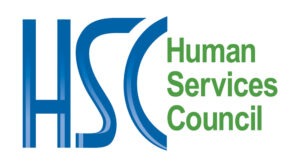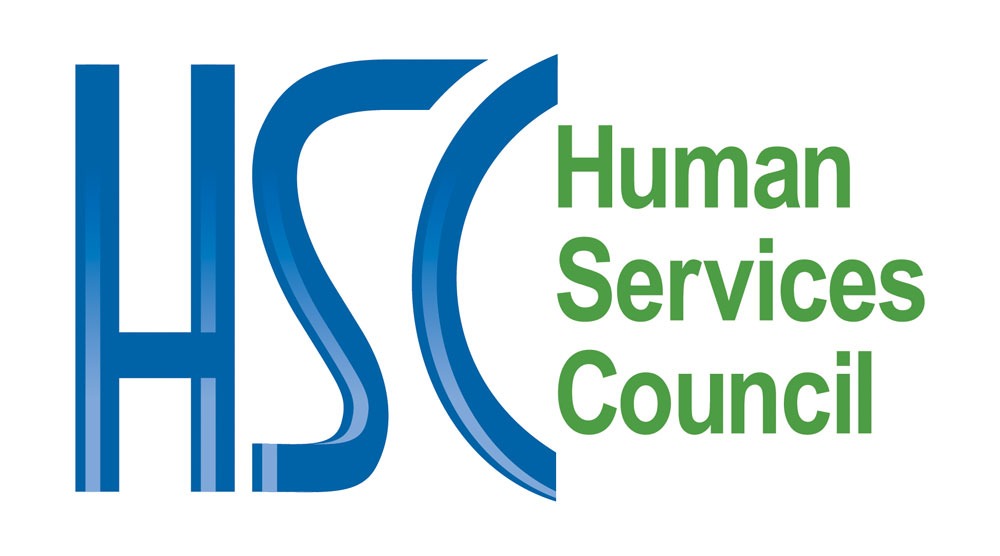August 4, 2011; Source: Stateline | Remember the policy debates over the deductiblity or reimbursement of volunteer drivers’ mileage costs? Even the nonprofit sector’s best allies were sometimes a little less than fully aggressive in their ideas about equalizing charity driving and business driving reimbursement.
Volunteer driving is an important service to people who need transportation, particularly the elderly. Yesterday’s Stateline suggests that the issue isn’t just reimbursement for mileage but other volunteer drivers’ costs, as well. Obviously, providing regular volunteer driver services brings insurance costs and insurance risks, especially for nonprofits with fleets of cars.
The Independent Transportation Network of America tries to find ways of transporting some of the 15.5 million seniors who live in communities with little or no public transportation or who have trouble accessing public transportation where it exists (for example, seniors with oxygen tanks, etc.). One idea was for older people to donate their cars to ITN to be driven by volunteers, but when it was tried out in Maine, ITN had to ask the state legislature for an exemption from auto dealership rules (concerning ITN’s possible sale of donated cars) and from certain requirements about buying insurance to cover volunteers driving ITN cars.
Sign up for our free newsletters
Subscribe to NPQ's newsletters to have our top stories delivered directly to your inbox.
By signing up, you agree to our privacy policy and terms of use, and to receive messages from NPQ and our partners.
This means ITN has to get state legislatures to exempt the organization from insurance laws that generally apply to livery companies—state by state. Connecticut, Florida, and Kentucky have all passed laws to help ITN with the problem, and now Illinois Governor Pat Quinn says he will sign a law helping ITN deal with coverage of its volunteer drivers. Otherwise, asks Joyce Gallagher, executive director of the Senior Services Area Agency on Aging, “how could we recruit volunteers if we have to tell them to call their insurance companies first?”
The next step ought to be a model or standard law that all states could quickly adopt rather than forcing ITN to slog through lobbying efforts in 46 other states.—Rick Cohen













